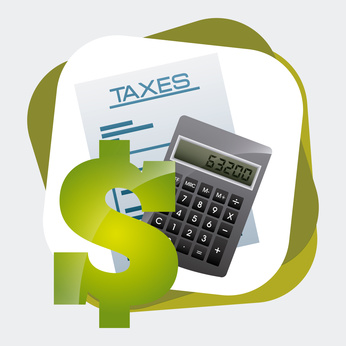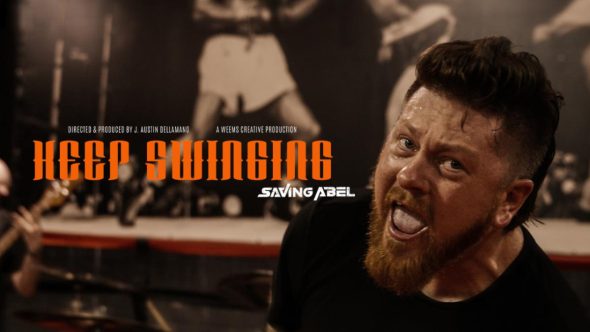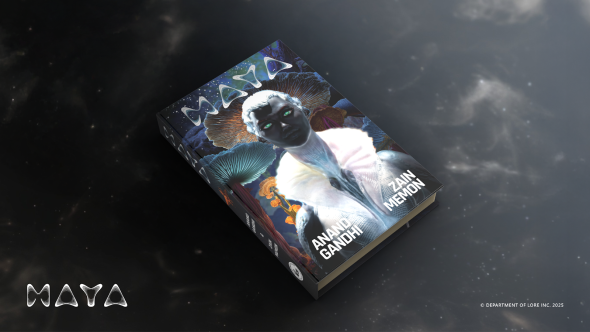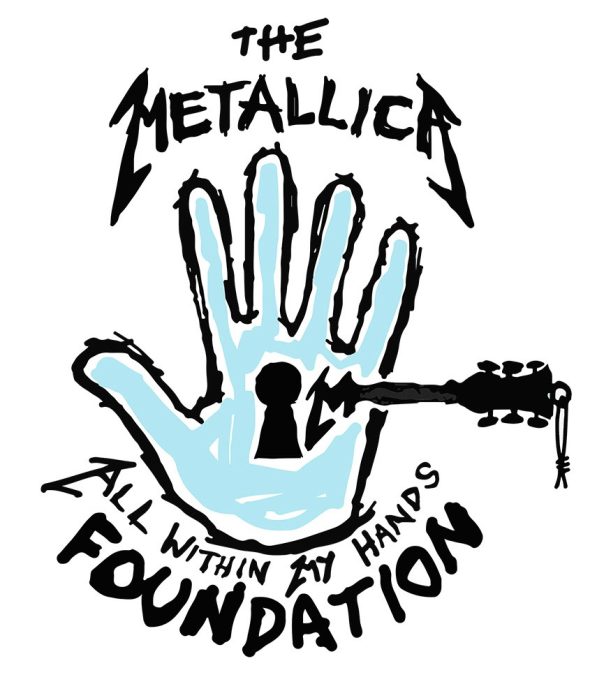Musicians as legal entities
The last article I wrote “Do I Have to Pay Taxes on That?”primarily dealt with weekend warrior musicians. In this issue, you’ll find out more about tax options for musicians who actually make a living from their music.
As an accountant, the first question I always ask is: Are you a permanent member of a band or a subcontractor?
If so, let‘s compare entity types:
- Partnership: This is the simplest entity type; the band mates negotiate an agreement as to the split of revenue and expenses. An IRS form 1065 is filed annually, and each band mate receives a Schedule K-1 tax form to report on his or her annual 1040 filing.
- Corporation: A separate entity known as a type C-Corporation can pay its own taxes. A type S-Corporation can elect to pass income to shareholders. S-Corporation shareholders also get a K-1 form to report their income on the 1040 form.
- Limited Liability Company: An LLC usually functions as a partnership but can elect to be treated as an S-Corporation. Limited liability companies have been created by all of the states in the S. in the last 20 years to allow partnerships to limit their liability from creditors to the extent of assets in the LLC.
 Why should musicians worry about limiting their liabilities by forming either a corporation or a LLC? There are many possible ways to be sued, such as an errant drumstick slips and injures an audience member, and you are sued beyond your insurance coverage. The limited liability entities mean you can only be sued to the extent of the assets in the LLC or corporation.
Why should musicians worry about limiting their liabilities by forming either a corporation or a LLC? There are many possible ways to be sued, such as an errant drumstick slips and injures an audience member, and you are sued beyond your insurance coverage. The limited liability entities mean you can only be sued to the extent of the assets in the LLC or corporation.
Equipment and other expenses
As a member of a partnership, or LLC treated as a partnership, all of your net income is subject to self-employment taxes and income taxes. If you have expenses that are part of your music business but not paid for by the band, you can deduct them from the net income of the partnership.
Most musicians will maintain ownership of their equipment and not contribute the assets to the band. The expense related to the cost of the equipment and any non-reimbursed expense can be deducted against the band net income from the partnership.
Being part of a corporation allows W-2 payroll to be issued and if an S-Corporation, a K-1 for the net income.
What about the solo professional musician?
All of the entities mentioned earlier are available to the solo artist who does session work and work for hire. He or she can incorporate, form a LLC or remain a sole proprietor.
These entities are for performing musicians and for songwriters, producers and promoters.
Retirement tax planning
Any musician who fits into the category of weekend warrior, local hero or professional can contribute part of his or her profits to a retirement plan. Following are the various types:
- Individual retirement account (IRA). Professional musicians can contribute up to 100 percent of earned income up to $6,000 plus $1,000 if age 50 or older, if your net income is from a Schedule C sole proprietorship or self-employed earnings from a partnership Schedule K-1. If your income is from a W-2, and you are covered by another plan from a different employer, you may be restricted in your contribution.
- Simplified Employee Pension Individual Retirement Arrangement (SEP IRA). If you have this kind of an IRA, which business owners adopt to provide retirement benefits for themselves and their employees, you can contribute 20 percent of your self-employment income from a sole proprietorship or partnership.
- Defined benefit plans. If you are making superstar money, you should be represented by a certified public accountant and ask him or her about this type of plan. The explanation is an article in itself.
I hope any of you reading this will come to the conclusion that you will need an accountant to prepare your year-end taxes. The information I provided should help you gather the right amount of data and ask the right questions.
 Jerry Catalano of Catalano, Caboor & Co. and The Music CPA started in the music business as lead vocalist in three different bands in the late 1960s. The Viet Nam War caused all the bands to break up, as his band mates went off to war. In 1970, Catalano did A&R work for a local Chicagoland production company, signing artists to management contracts and acting as resident songwriter for those without original material. He became a member of the National Academy of Recording Arts and Sciences and currently gets to vote on the Grammy awards. Catalano is also a member of the American Society of Composers, Authors and Publishers and has had other artists record his original songs.
Jerry Catalano of Catalano, Caboor & Co. and The Music CPA started in the music business as lead vocalist in three different bands in the late 1960s. The Viet Nam War caused all the bands to break up, as his band mates went off to war. In 1970, Catalano did A&R work for a local Chicagoland production company, signing artists to management contracts and acting as resident songwriter for those without original material. He became a member of the National Academy of Recording Arts and Sciences and currently gets to vote on the Grammy awards. Catalano is also a member of the American Society of Composers, Authors and Publishers and has had other artists record his original songs.
As a certified public accountant and an active musician, Catalano uses his passion to help others in the music industry. He is lead vocalist in a band THE FOURCE, which has two albums of original music on iTunes and just released a new single.
Catalano, Caboor & Co.
And The Music CPA
www.catboor.com
www.themusiccpa.com
www.thefource.com





